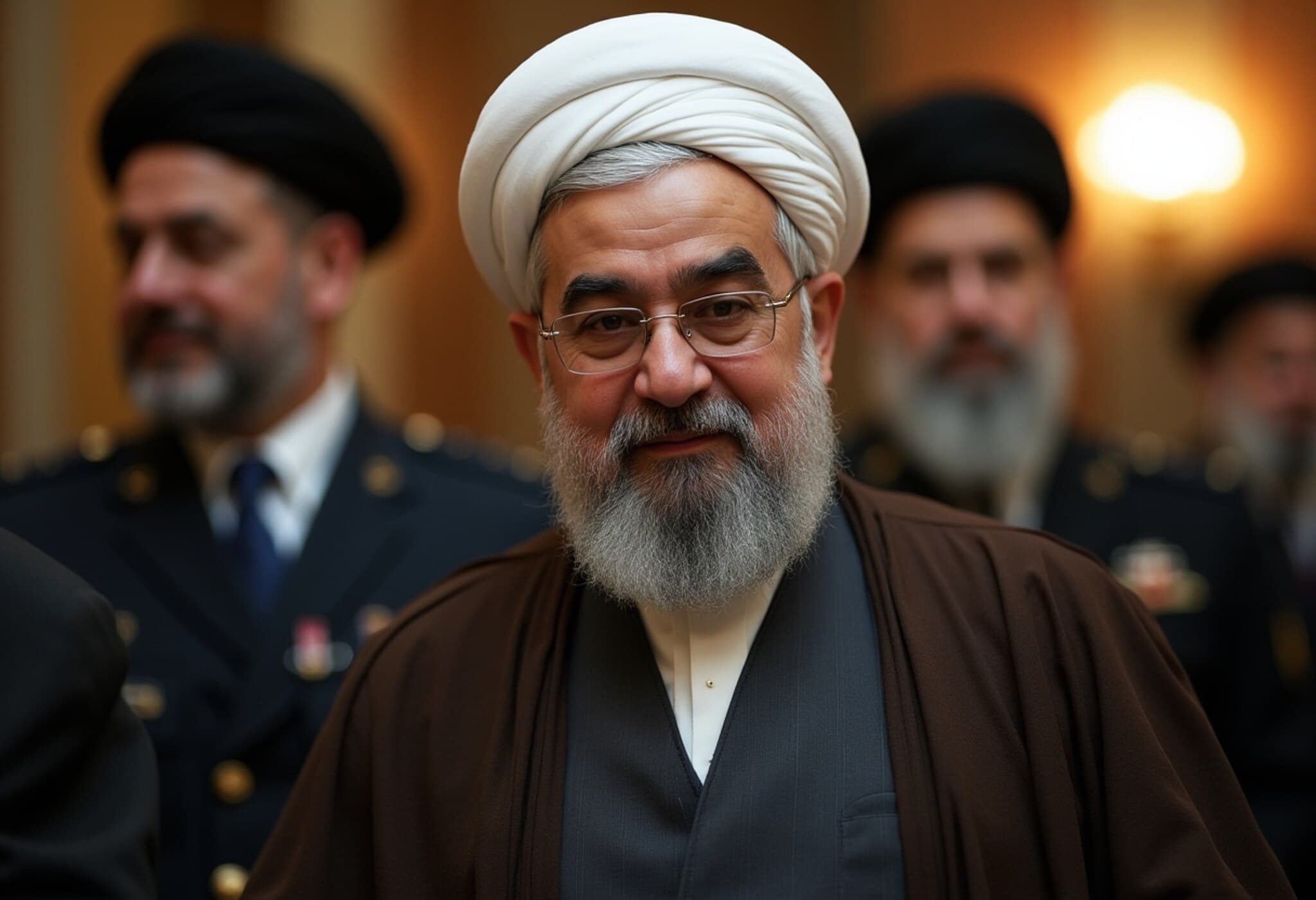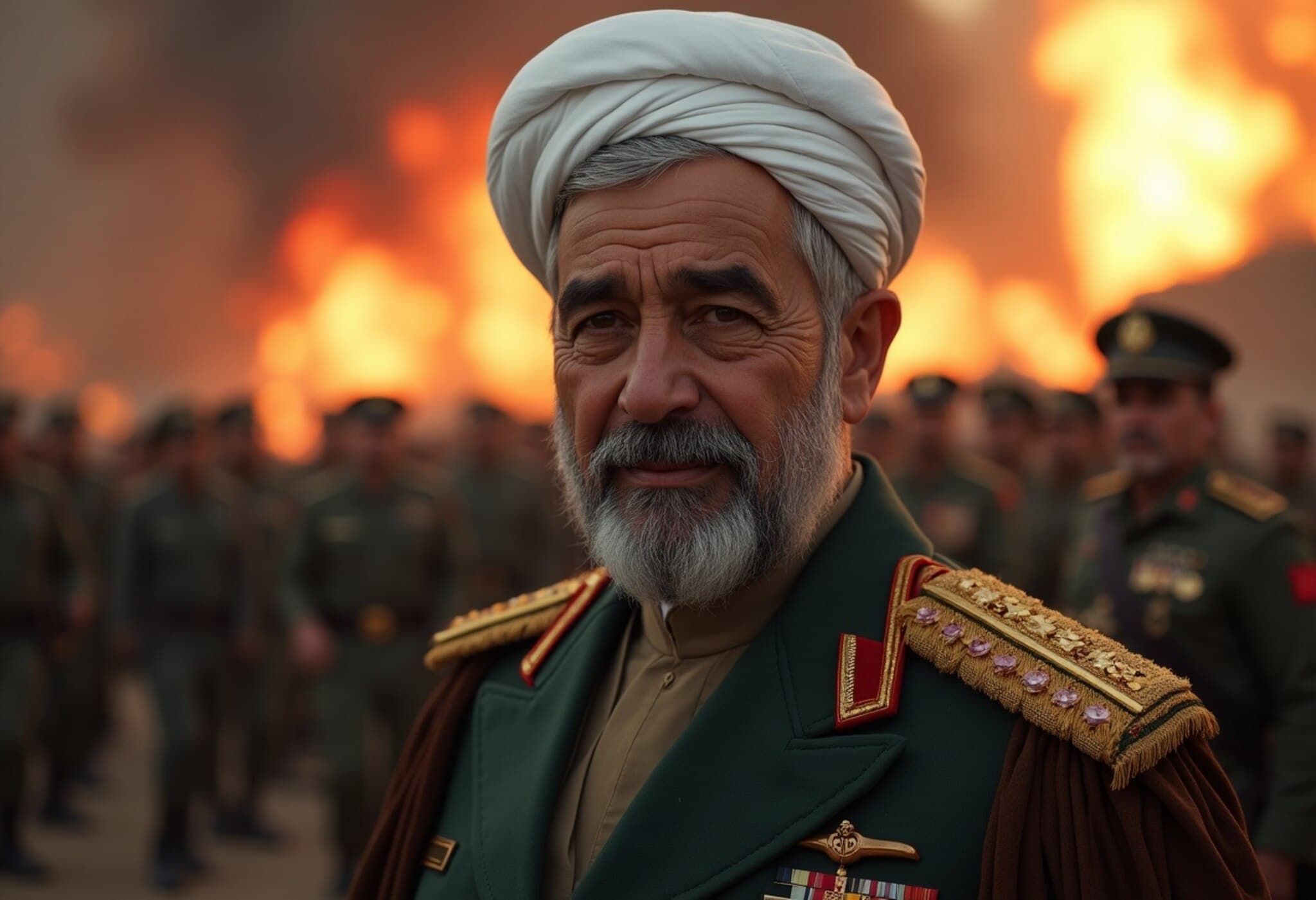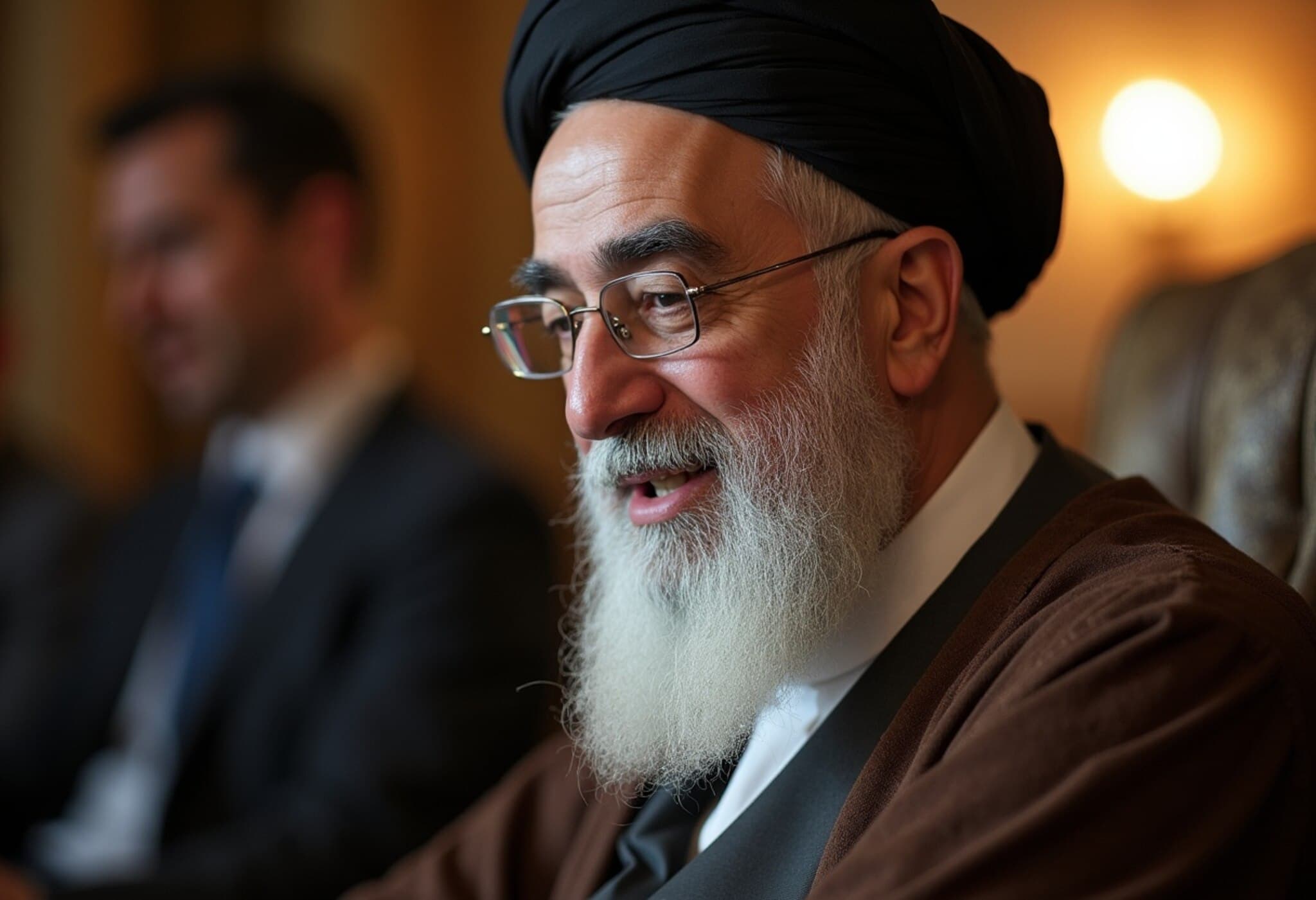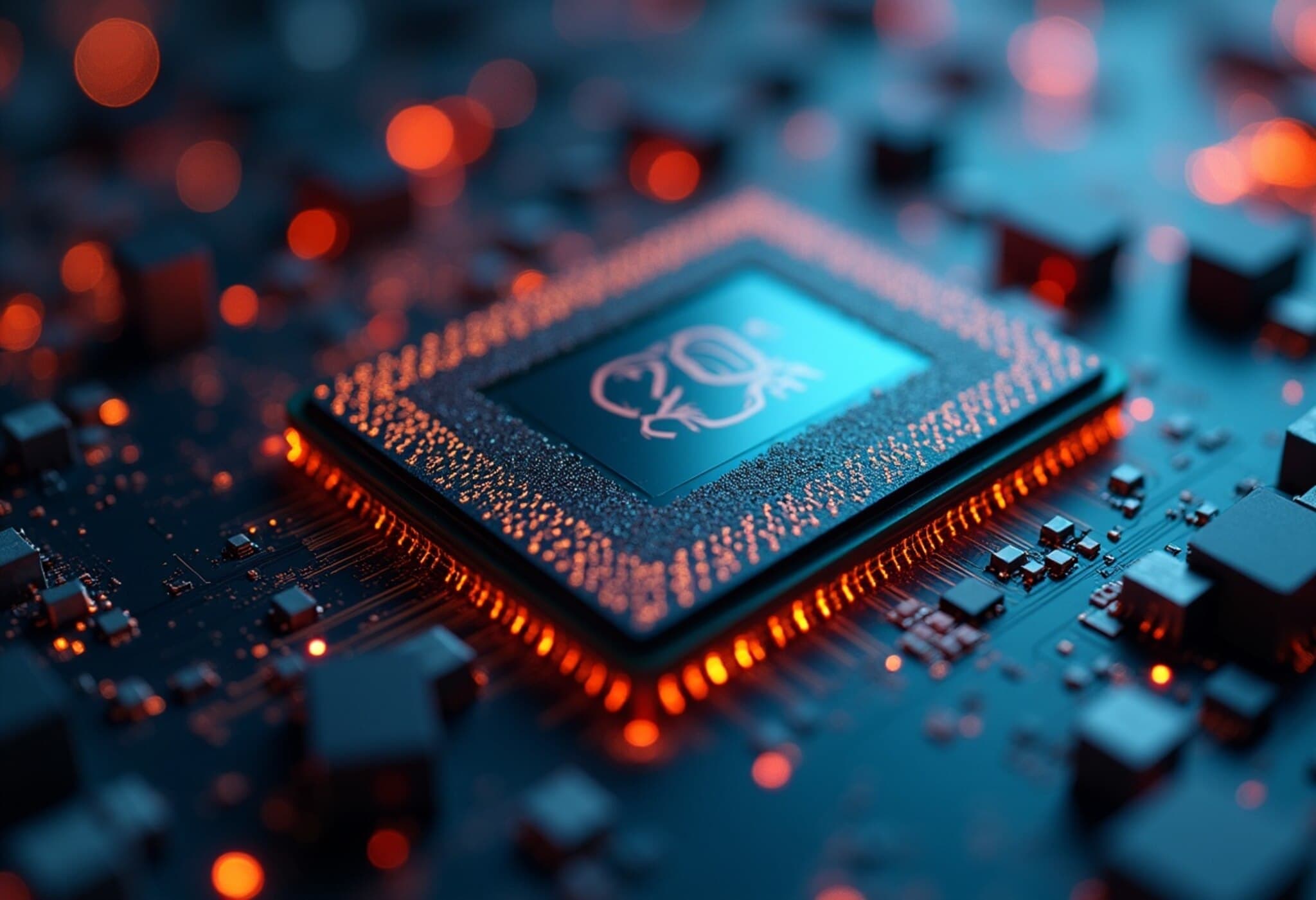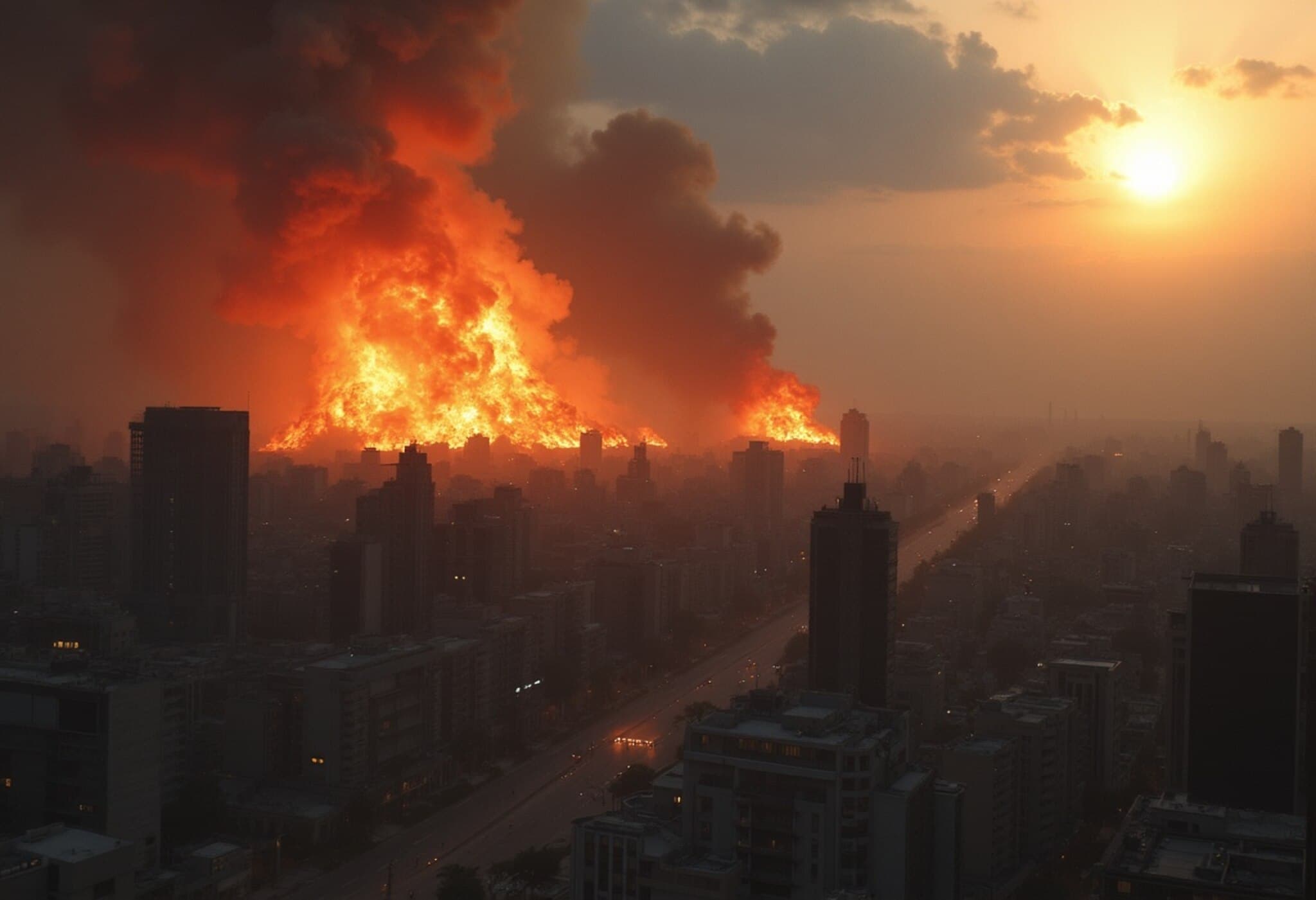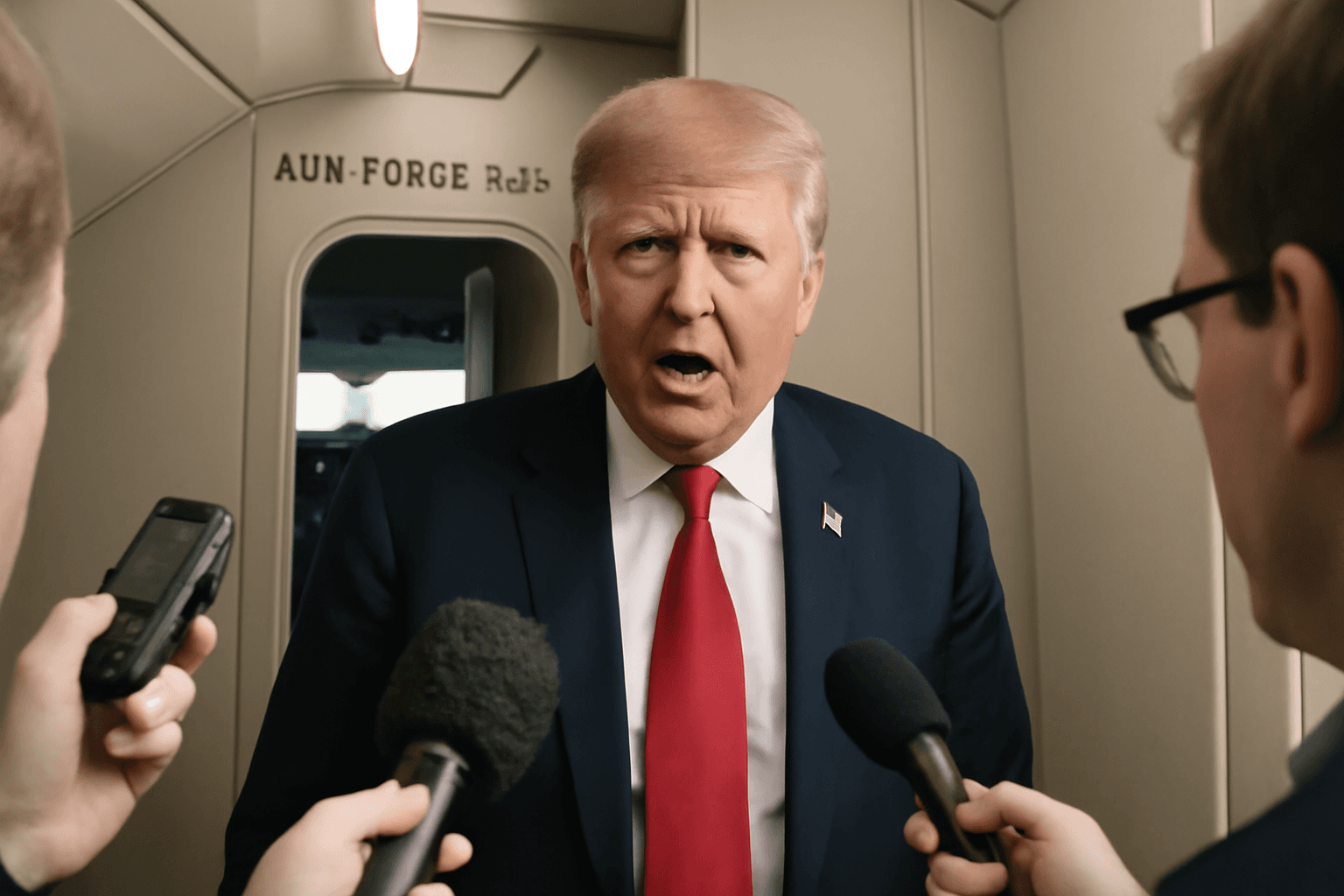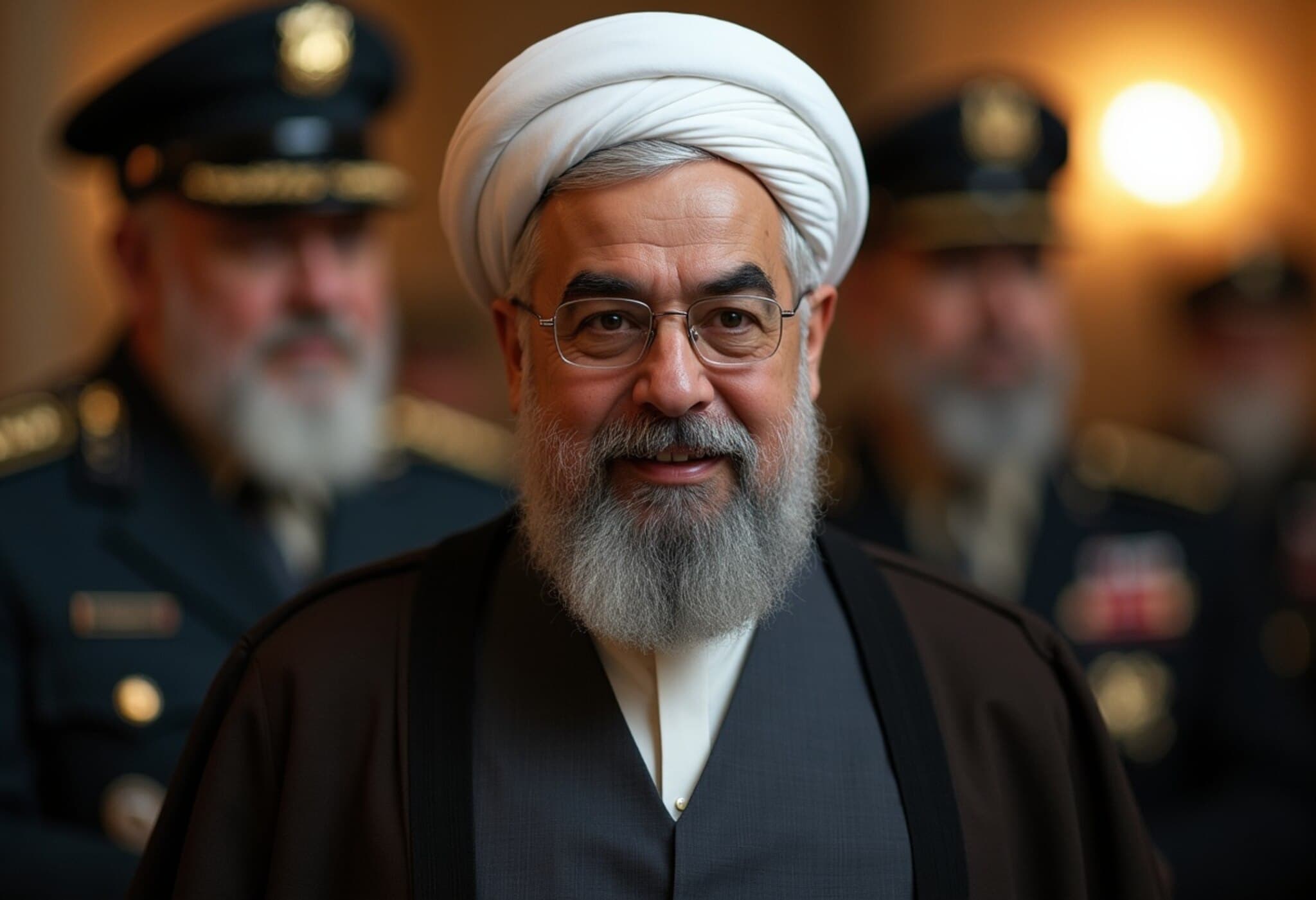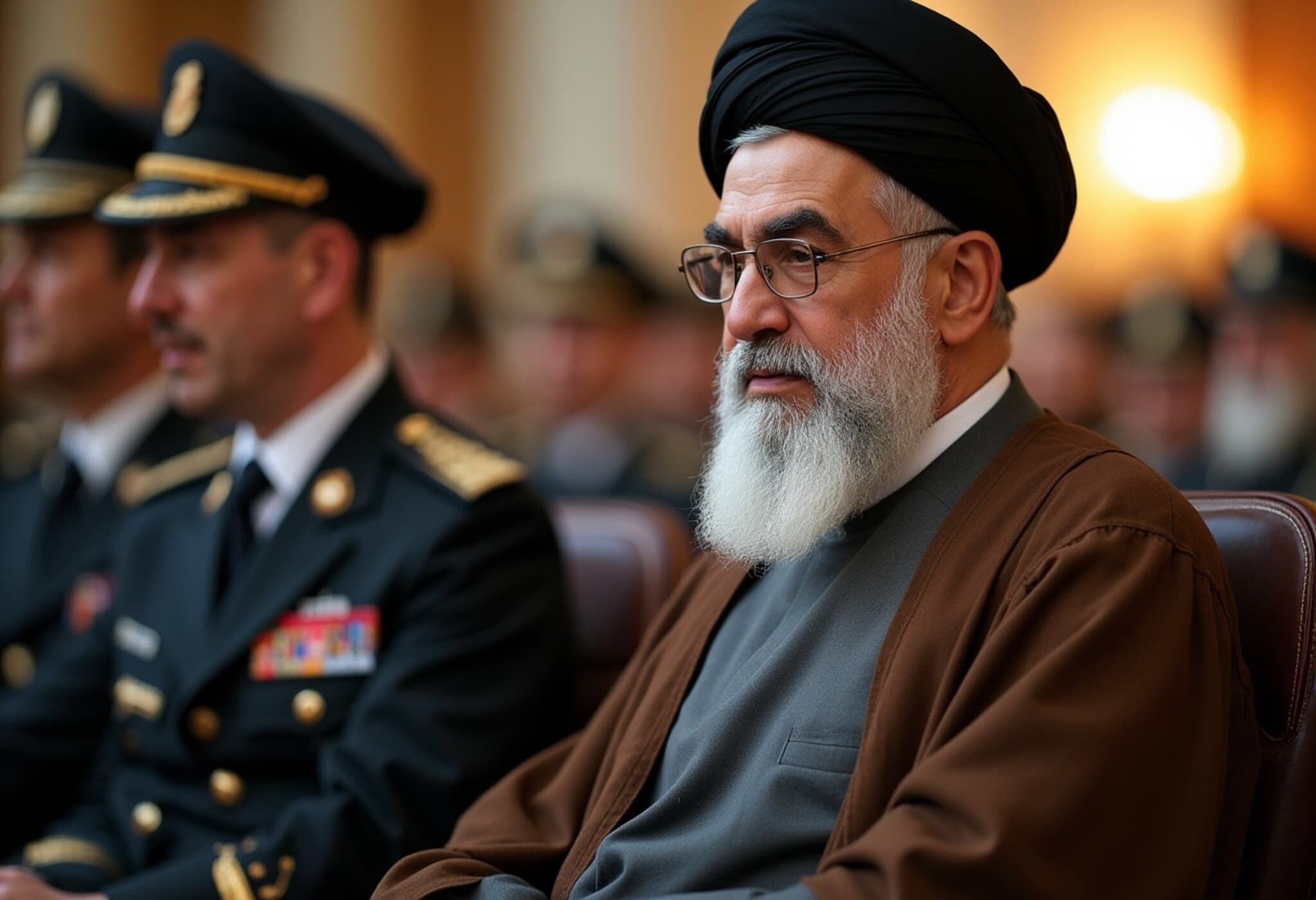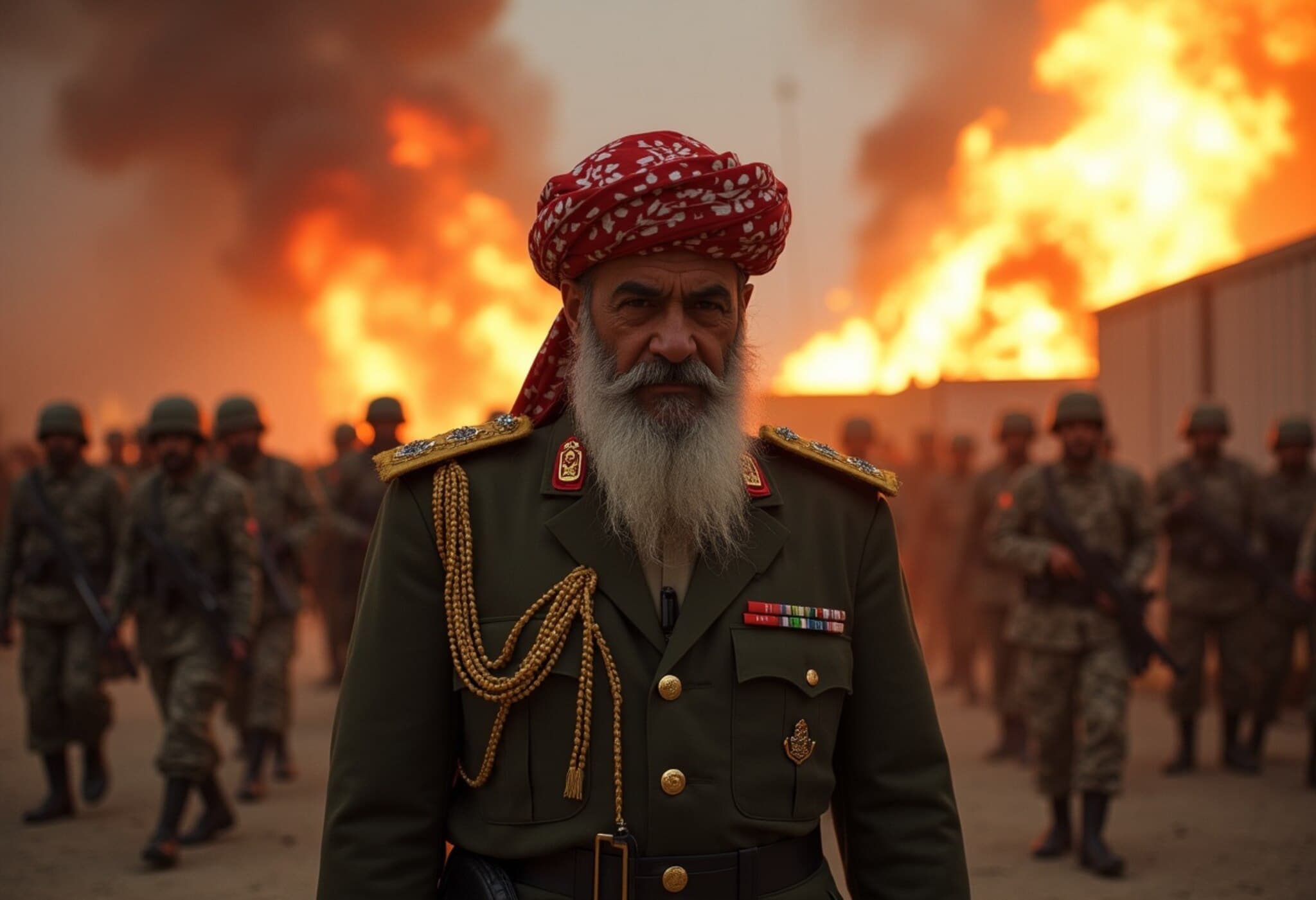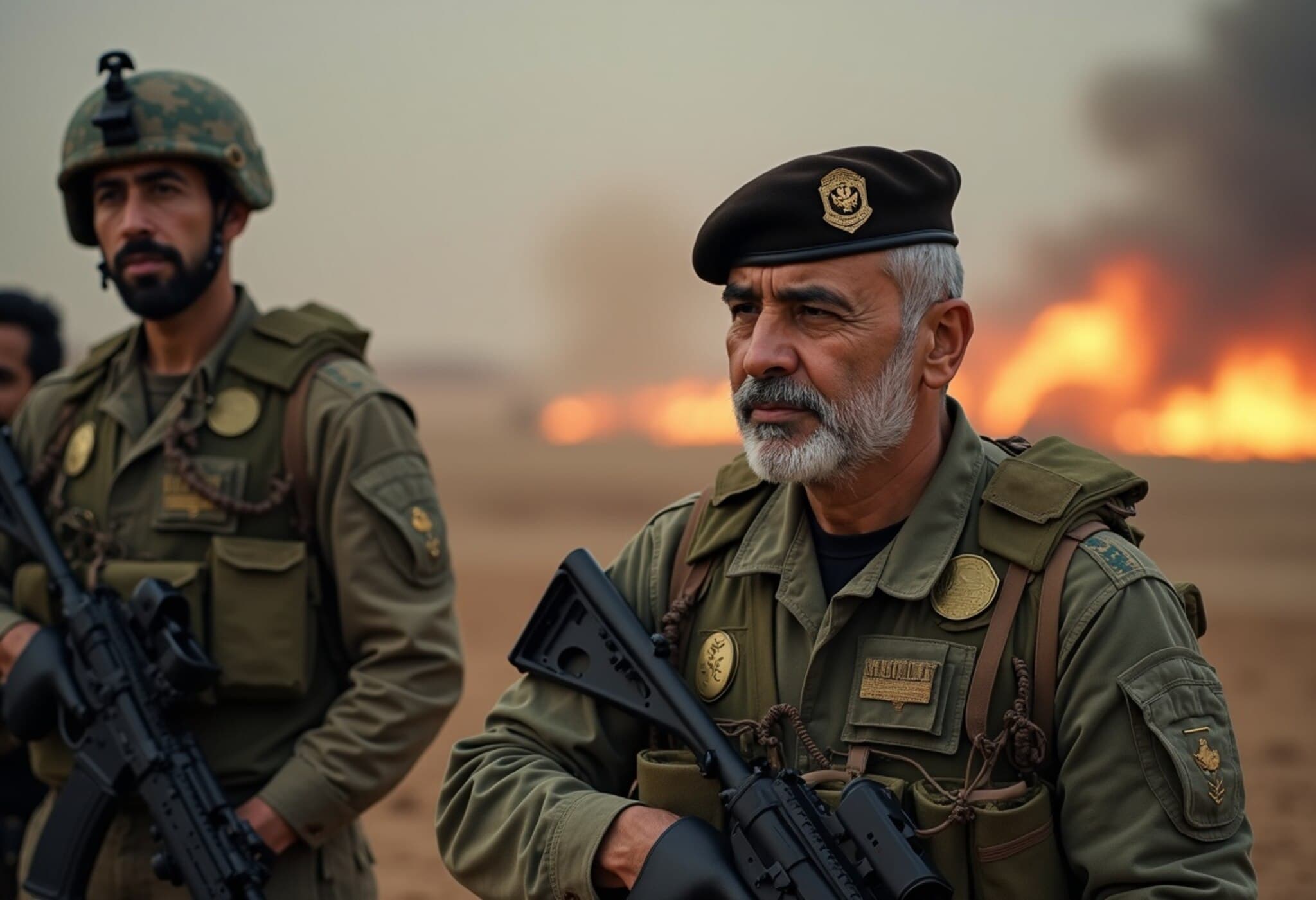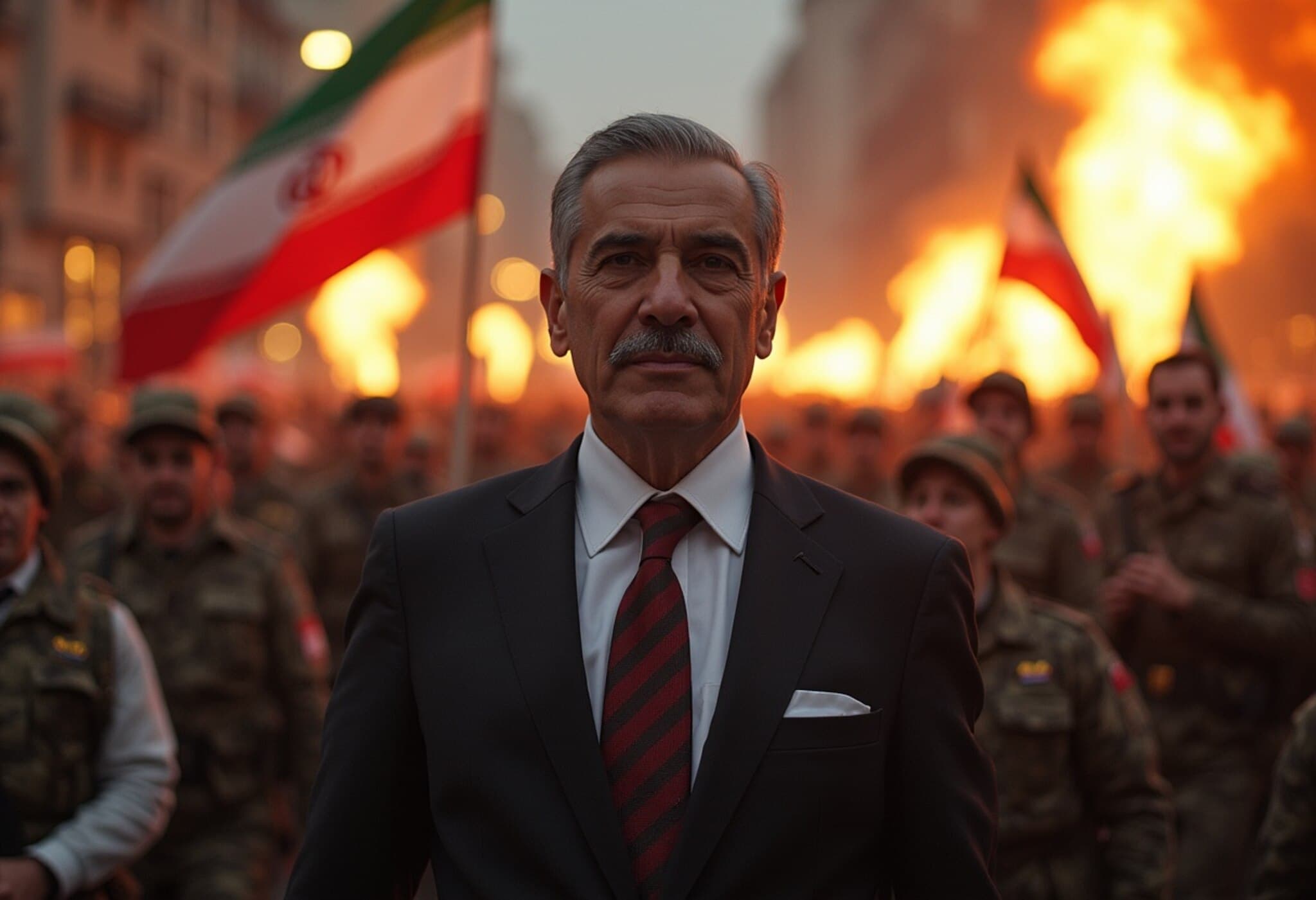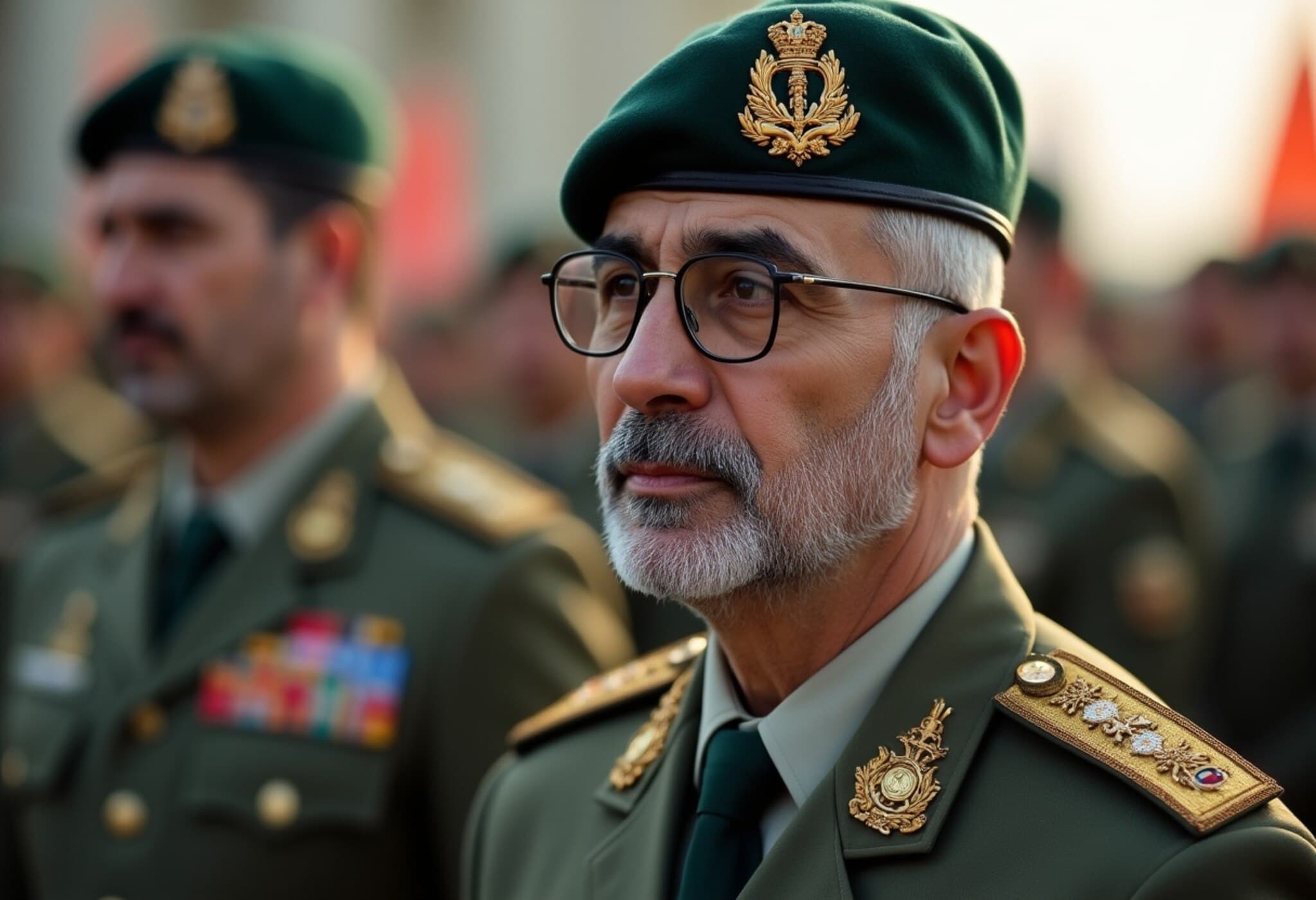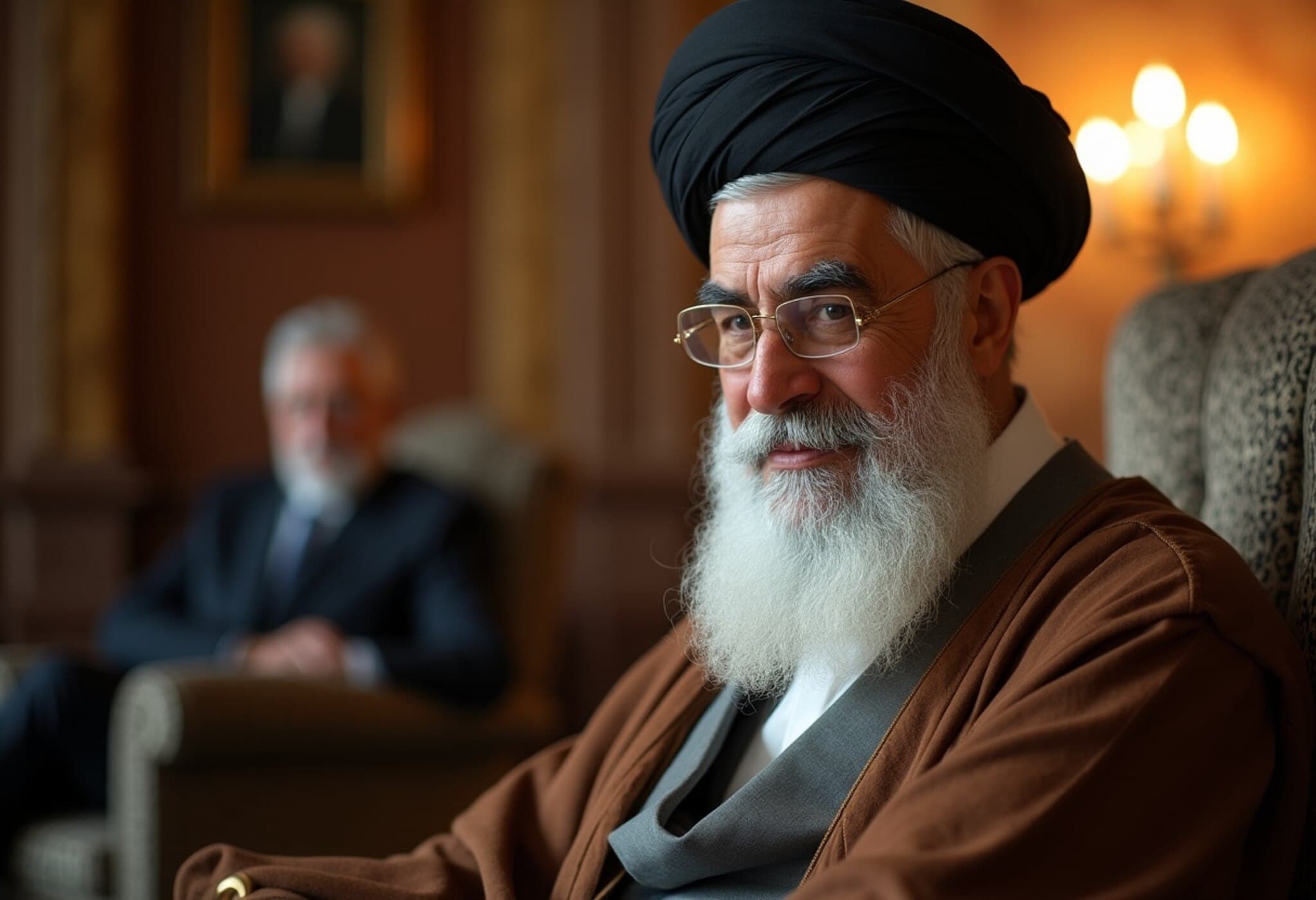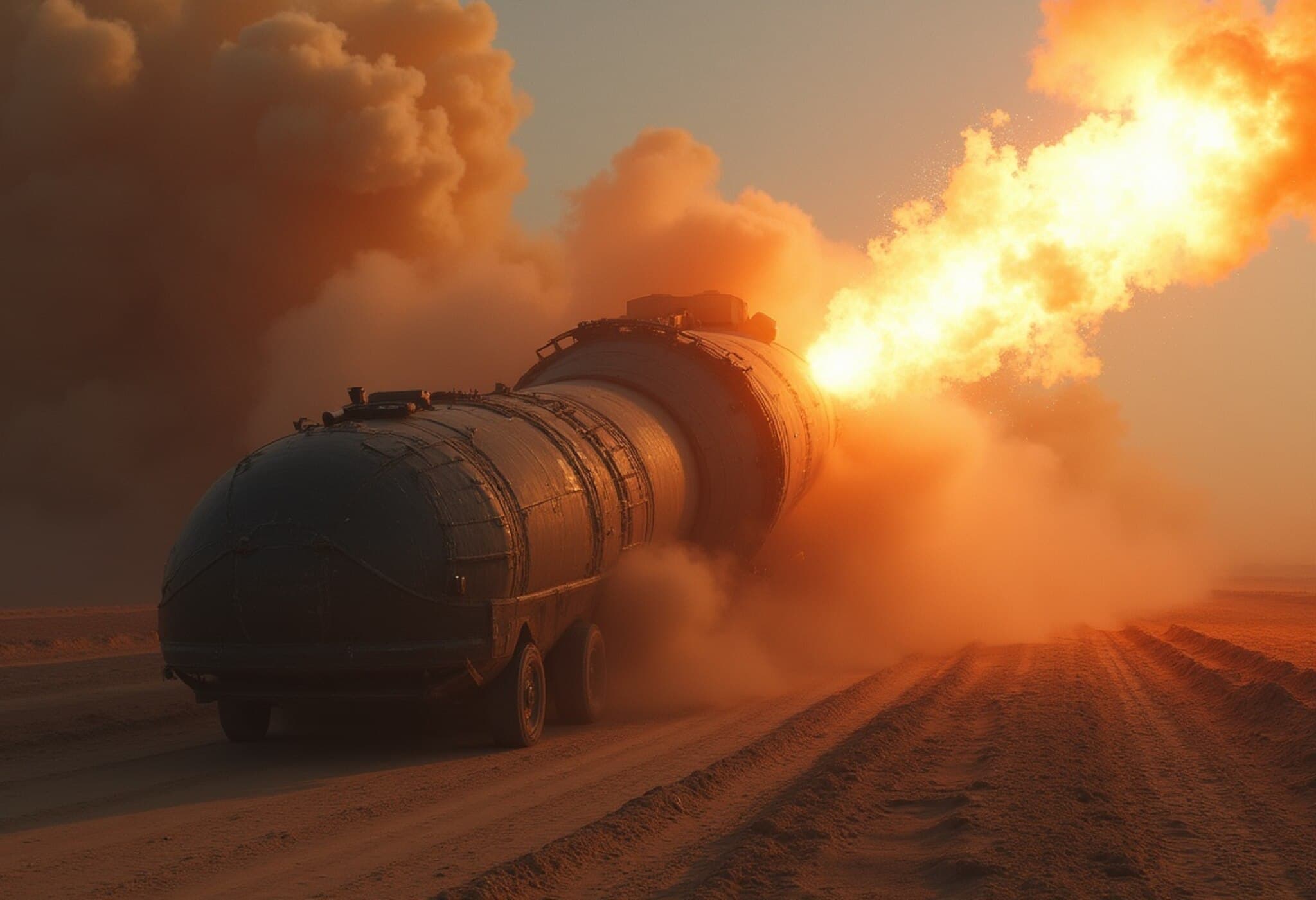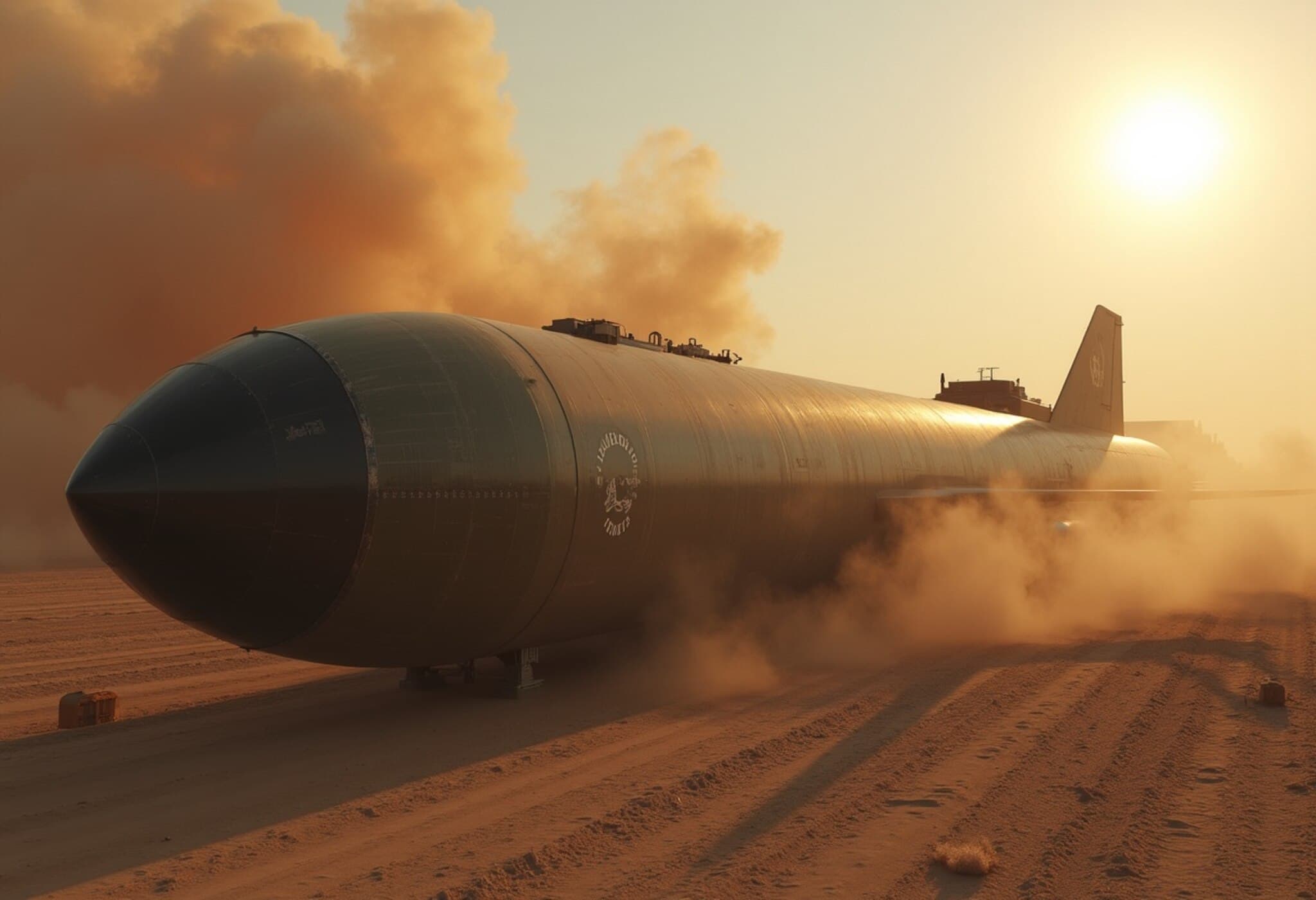Succession Discussions Intensify for Iran's Supreme Leader Khamenei
At 86 years old, Iran's Supreme Leader Ayatollah Ali Khamenei finds himself under increased security threats, prompting an acceleration in plans for his succession. According to multiple insiders privy to sensitive deliberations, a three-man clerical committee, appointed by Khamenei two years ago, is intensifying efforts to identify a suitable successor amid mounting concerns for the leader's safety.
Khamenei's Security and Involvement in Succession Talks
Khamenei is currently believed to be in hiding, shielded by the elite Vali-ye Amr special forces unit of the Revolutionary Guards, following recent Israeli threats against him. He remains regularly briefed on the succession discussions, underscoring the importance Tehran places on securing a stable transition should the need arise.
Two Leading Contenders Surface
The insiders highlighted two primary candidates emerging at the forefront of the succession race:
- Mojtaba Khamenei, the 56-year-old son of the Supreme Leader, regarded as a staunch continuity choice closely aligned with his father’s hardline policies.
- Hassan Khomeini, the 53-year-old grandson of the Islamic Republic’s founder, Ayatollah Ruhollah Khomeini, associated with the reformist faction advocating for softened social and political restrictions.
Hassan Khomeini's stature among senior clerics and the Revolutionary Guards owes much to his lineage, while his reformist ties suggest he could present a more moderate, conciliatory image both inside Iran and internationally.
A Delicate Balancing Act
While loyalty to the revolutionary principles established by the Islamic Republic’s founder remains paramount, the ruling establishment contemplates whether a moderate leader might better mitigate external threats and address rising domestic unrest. This consideration becomes especially relevant as Iran faces ongoing military tensions with Israel and the U.S.
Nonetheless, succession is far from finalized. Insiders caution that the Supreme Leader retains the ultimate decision-making power, and circumstances amid the current conflict could complicate any smooth transfer of authority.
Challenges Amid Military Strife
The deadliness of recent Israeli strikes, including the elimination of several top Revolutionary Guard commanders, adds complexity to a potential handover of power. The Guards have been pivotal in enforcing the Supreme Leader’s control, suggesting that any successor must maintain the trust and support of this powerful military faction to secure their position.
Historical Context and Political Dynamics
Succession planning has long been a sensitive subject due to Khamenei's age and health issues. Despite speculation, the Supreme Leader has reportedly opposed his son Mojtaba inheriting the role, wary of reviving hereditary rule akin to the pre-revolution monarchy.
The Supreme Leader’s appointment falls under the purview of the Assembly of Experts, an 88-member clerical body elected by the public but vetted by a conservative council aligned with the Supreme Leader. This mechanism ensures the leader upholds the Islamic Republic’s foundational principles.
Notable Candidates Fade and Other Possibilities Emerge
Several previously considered successors have passed away in recent years, including former presidents and senior judiciary figures. Other contenders, like Ayatollah Alireza Arafi, remain in the mix but lag behind Mojtaba and Hassan Khomeini in prominence.
Observers suggest the Revolutionary Guards might eventually back a lesser-known cleric as a fitting successor to preserve their influence, potentially opting for a figure with less autonomous power than Khamenei currently wields.
The Road Ahead
Reflecting on Khamenei’s rise, he initially faced skepticism as a mid-ranking cleric succeeding the charismatic founder but ultimately consolidated power through strategic alliances and firm control over military and political institutions.
Regardless of who emerges as the next Supreme Leader, Iran is poised for significant change. The prevailing sentiment among experts suggests that any transition will influence Iran’s trajectory internally and on the global stage amid ongoing geopolitical challenges.

